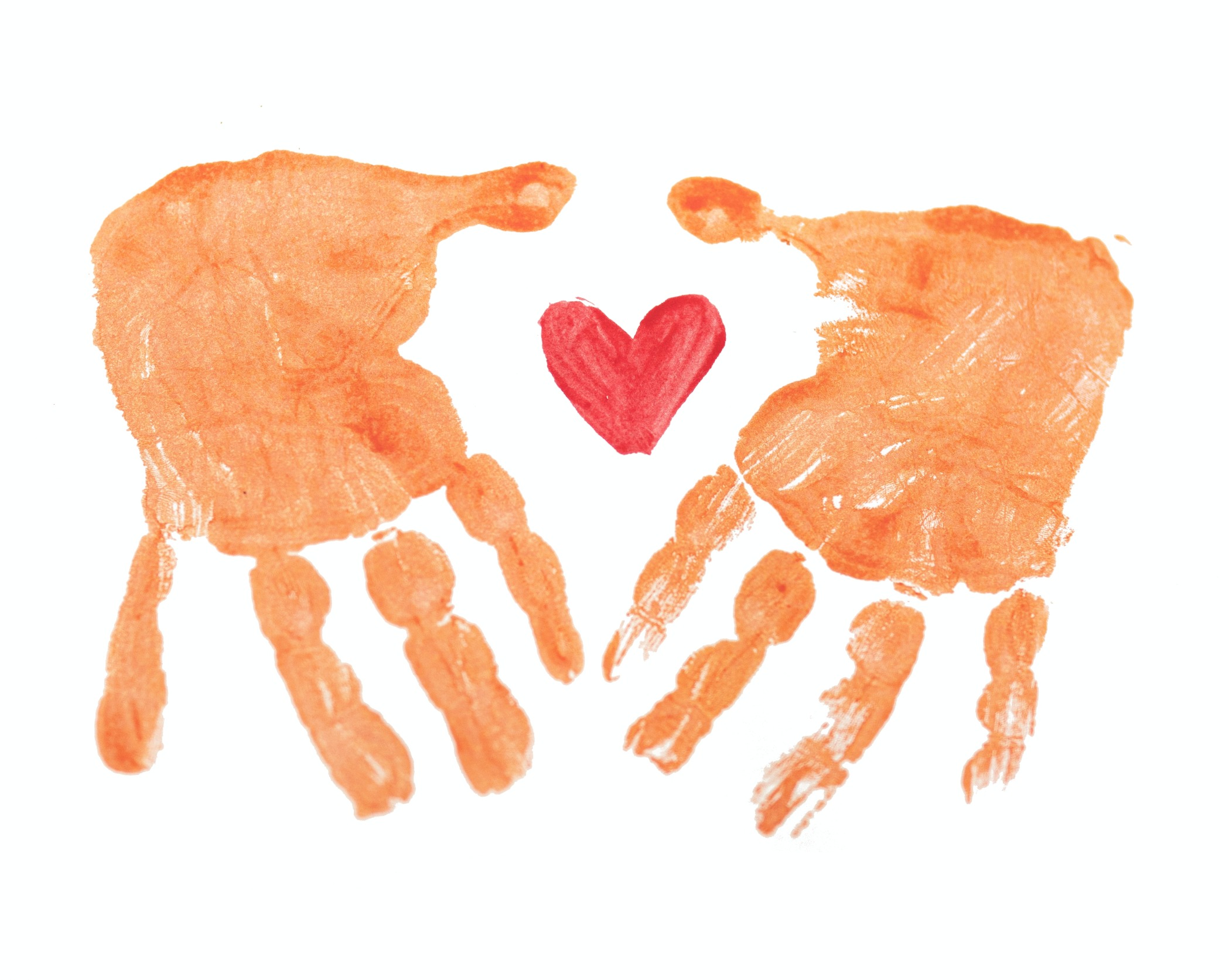Substance Abuse Disorder (SUD) Is a Family Matter

July 22, 2022
What Is Substance Use Disorder?
When a parent or caretaker suffers from substance use disorder (SUD), the impact on the household can be chaotic and traumatic. This can cause an unpredictable and unsafe environment for children. Living in an environment impacted by SUD can have negative effects on children and their future. In families that have a genetic predisposition to mental health disorders and SUD, children have a higher risk of developing a mental health disorder and/or SUD.
Therefore, it is imperative that families in these situations are supported through family and group therapy in order to help the entire family and promote better long-term outcomes for all involved.
Complications of SUD
There are a variety of familial issues that can stem from a parent in the family suffering from SUD. While these complications are not universal, some issues that can occur when a parent has SUD include the following:
- Not supervising children as thoroughly as is needed
- Difficulty setting boundaries
- Inconsistent discipline
- Problems accurately predicting consequences for both parents and their children
- Fraught and negative interactions
- Constant conflict
- Lack of ability to consistently show warmth
- Inability to meet children’s emotional needs
- Lack of proper medical care
- Lack of socialization for children and opportunity for extracurricular activities
- Lack of trust
- Trauma
- Abuse
- Secrecy
- Loss
- Fear
- Role Reversal
Effects on Children Living With a Family Member Who Has SUD
- Aggression
- Developmental delays
- Separation anxiety
- Sleep disorders
- Learning differences
- Illness
- Injury
- Lack of social skills
- Lack of life skills
- Higher risk of developing SUD
- Low self-esteem
- Disassociation
- Higher risk of mental health disorders
- Unhealthy peer relationships
- Guilt
- Self-blame
- Feeling unworthy
Effect of SUD on the Entire Family
People being treated for SUD need an evaluation that includes information on the way the SUD impacts the behavior of the entire family. There is a connection between one’s environment and substance use disorder (SUD) and other mental health issues. In order to have successful treatment and recovery, it is important to evaluate and include the role that environment, genetics, and mental health play. The earlier the entire family is involved, the better the long-term outcome for everyone involved. Effects of SUD on the family are:
- Negative emotions
- Financial hardship
- Negative relationships
- Instability
- Parents of the person with SUD feel hopeless
Hope for Families
There is hope for families struggling with SUD. Ideally, a family fighting a SUD will be able to access treatment for every member of the family. Treatment for the family as a whole leads to the best long-term outcomes. The role of the therapist and treatment facility is imperative to guide people to health and wellness. This can happen when the therapist takes some of the following steps:
- Engage and include the family immediately
- Provide education to the family
- Family therapy
- Reduce the burden on the family by engaging them in individual help
- Teach the family how to support their family member suffering from substance use disorder (SUD)
- Support programs like AA, NA, Al-anon, or Nar-annon are valuable family tools and peer support
- Focus on the children and facilitate evaluations to identify at-risk children
Families are profoundly affected by substance use disorder (SUD) and many social and family problems can develop. Families can heal, and help their loved ones heal by participating in recovery and working together to be educated with tools to succeed with this task and goal.
It is vital that the conversation around SUDs and families changes to lessen the stigma and shame sometimes associated with this disorder. Society needs to be educated to remove the stigma so that families in crisis can confidently get the help that they need, without judgment and shame. Families can be stabilized, if needed, and assisted. There can be a positive outcome, and long-term healthy success, once they have the correct tools and support.
Thankfully, families frequently cooperate with recovery efforts in order to help a loved one. Once they experience and receive emotional support and tools to help themselves, they remain in therapy for their benefit, which supports the entire family’s health.
Families are sometimes unaware of the profound effect that SUD has had on their lives and the relationships within their family unit. Therapy can gently show people what those effects were and how to cope with them in a healthy manner. Families need to remove fear, shame, blame, stigma, judgments, and poor behavior from their world and recreate it without these things. Family therapy and a well-constructed recovery plan can help with this endeavor and create a healthy environment where everyone feels understood and supported.
Vanity Wellness Center Can Help with SUD
The very complex association between Substance abuse disorder (SUD) and parents, treatment of parents, and parental behavior are important to look at during recovery. The family environment plays a role in the risk of SUD in children and also from trauma caused by parenting opportunities negatively affected by SUD. Family therapy allows individuals to explore ways to turn a negative environment into a supportive environment for everyone involved. The family environment impacts risk and recovery from SUD and can be the roadblock to long-term recovery. Vanity Wellness Center uses integrated methods together with traditional treatments to provide the best outcome possible for each client who needs assistance. Holistic therapy ensures your mental, physical, emotional, and spiritual well-being. Therapeutic methods used can improve self-awareness, enhance the mind-body connection, improve physical and mental health, and assist self-expression. To learn more about our facilities, services, and programs, call us at (866) 587-1737.

